Op-Ed: Two new incubators for Black-owned businesses in Atlanta show how to revitalize our downtowns while putting equity at the forefront.
Originally published in Next City.
Rendering of a business district with people present, walking and riding bicycles. Source: Atlanta BeltLine MarketPlace, via Next City.
Revitalizing America’s downtown and neighborhood retail districts is a major challenge in the wake of the COVID-19 pandemic, as is creating more equitable business growth. Two Black-owned businesses in Atlanta are advancing innovative urban development models that recognize the need for creative spaces to intentionally promote more equitable retail growth.
America’s closed storefronts will not simply reopen, and they will not be filled by recruiting businesses from afar: Major retail brands suffered huge losses, too, and are not interested in most smaller-city or small-town locations. Businesses must be grown locally, and the best prospects are often unable to quickly fill those storefronts on their own. They will need affordable transitional spaces along the way and technical assistance to thrive.
In Atlanta, two separate initiatives involving The Village Market and Mākhers Studio are seizing upon this opportunity. These projects are helping lead a conversation – one which should expand nationally – about how we increase local business growth, meaningful relevant training and vital connections for entrepreneurs in historically excluded and underserved communities. A centerpoint of this discussion must be figuring out ways to offer affordable retail spaces in which businesses can begin their journey to becoming permanent brick-and-mortar storefronts.
One of those initiatives is the Beltline MarketPlace. The minority-owned business incubator opened in July with a pilot program providing affordable commercial spaces for six local Black-owned businesses on the Atlanta BeltLine. The commercial spaces, for which there were 280 applicants, provide storefronts within architecturally designed, artistic shipping containers that will pop up in two locations along the Westside and Eastside Trails of the BeltLine, a 22-mile former railroad corridor that now offers public parks, multi-use trails, transit and affordable housing. The goal is to advance the six businesses, which include Good As Burgers and PinkPothos, to permanent brick-and-mortar storefronts elsewhere in Atlanta, and hopefully scale access to more affordable spaces along the BeltLine over time.
The BeltLine MarketPlace is a joint initiative of Atlanta BeltLine, Inc. and The Village Market, in alliance with the Atlanta BeltLine Partnership and Atelier 7 Architects and with support from the Kendeda Fund. It’s the latest effort by The Village Market, which was created in 2016 by social entrepreneur Dr. Lakeysha Hallmon, to train and scale up Black-owned businesses producing conscious apparel or merchandise, all-natural products and foods.
“Black businesses are bursting with innovators and trendsetters who just need equitable access to capital, mentorship, retail opportunities and engaged consumers to ensure that their businesses can experience economic growth,” Hallmon tells Next City. While Black-owned have “displayed admirable resilience” through the pandemic, she says, they often lack access to opportunities to scale their businesses at the same rate as non-Black businesses.
“This partnership is more than a bridge connecting these businesses to the greatness happening in Atlanta, it’s an example for major cities across the country of what it looks like to invest in a community and then effectively implement strategic partnerships.”
The Village Market helps businesses grow from six-foot vendor tables at its shared retail space at Ponce City Center, where accepted business owners participate in a 12-week course. Onsite sales are designed to advance them to storefronts. Forty businesses occupy the space at any one time; 250 are on the waiting list. The Village Market promotes these businesses and the shared space by holding events, offering a curated marketplace, launching campaigns and hosting trainings.
Through another innovative Atlanta initiative, green manufacturing and design-build firm Mākhers Studio is partnering with a local developer to use modular shipping container spaces to create a commercial kitchen incubator that will advance Black entrepreneurs’ food-related businesses. Mākhers Studio’s founder, Wanona Satcher, is an urban designer and community engagement strategist who works to provide needed infrastructure and affordable spaces for marginalized communities to grow and sustain economic well-being.
Mākhers Studio’s Plug In Pods are customized shipping container spaces that provide quality turnkey solutions. They can serve as accessory dwelling units, entrepreneurial spaces including micro manufacturing centers, and critical community centers such as medical clinics.
The commercial kitchen incubator will be a permanent 900-square-foot structure that will provide a production and storefront space for a series of Black entrepreneurs to scale their businesses in a fast-growing neighborhood facing significant commercial displacement. The lower-cost facilities will reduce the scale-up costs of food-related businesses and help support emerging entrepreneurs.
The incubator is designed to advance options for the businesses of neighborhood entrepreneurs in conjunction with investments coming into the neighborhood, including a new, high-end apartment complex. Its intent is to expand local business growth and job opportunities, increase nearby storefront retail offerings, and help business owners grow and succeed alongside the neighborhood as investment grows.
These two initiatives model how we can use innovative space, technical assistance and purposeful investment to advance more equitable business growth and storefront access. These elements are key to the revitalization of retail districts across the nation.

